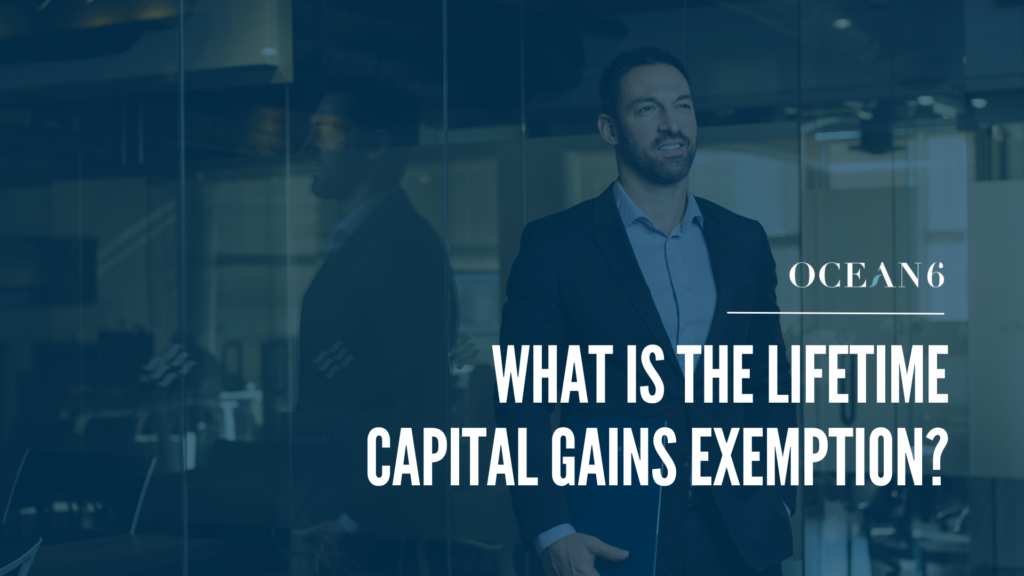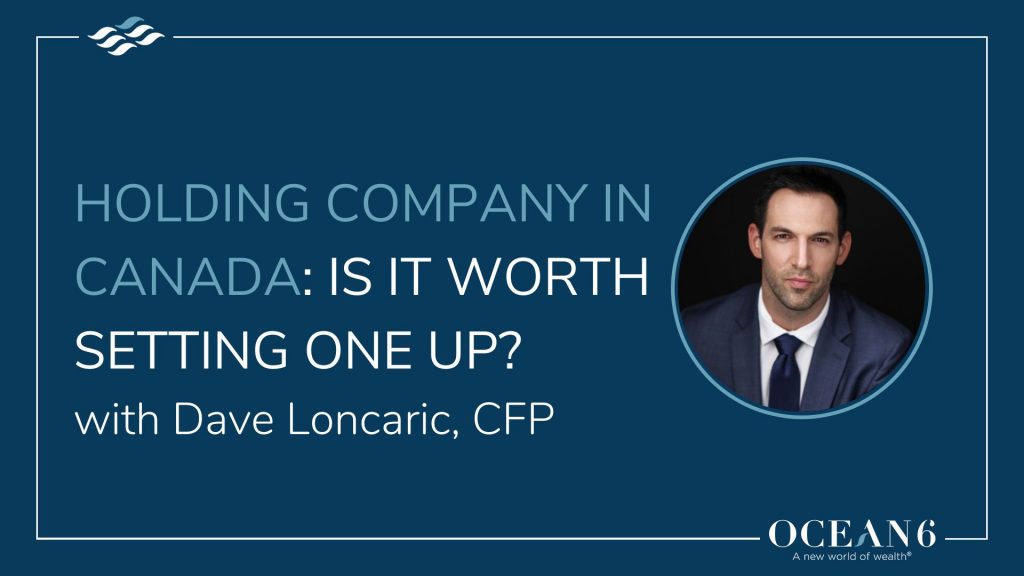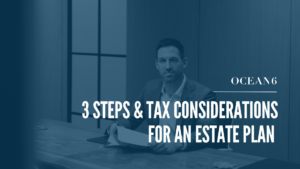Do you know how much of your dividend income you get to keep after taxes in Canada?
What is Dividend Income?
Dividend income is the money paid to shareholders by a company from its profits. As a business owner, you can earn dividend income by receiving dividends from companies you’ve invested in or by paying yourself dividends from your own company.
How is Dividend Income Earned?
Dividends from other companies
When you invest in publicly traded companies, dividends are a reward for owning shares. The dividends you receive may be a fixed amount per share or a percentage of the share’s current market price. Investors often see dividends as a sign of the company’s financial health and stability, indicating consistent profitability by sharing earnings with shareholders.
Dividends from your own company
As a business owner, you have the option to pay yourself a salary or dividend from your own company. Here are several advantages and disadvantages of paying yourself a dividend from your company in Canada.
Advantages:
- Dividends can be a tax-efficient and flexible way to pay yourself. Dividends are taxed at a lower personal rate than employment income, and you can determine the timing and amount of dividends you receive, giving you greater control over your cash flow.
- Unlike salary or bonuses, dividends are not subject to Canada Pension Plan (CPP) or Employment Insurance (EI) contributions, allowing you to keep more in your pocket. For most business owners, we recommend you avoid paying into CPP. It will put the control of your retirement in your hands instead of the government’s.
- Dividends have asset protection benefits; dividends generally cannot be seized in the event of personal financial difficulties.
Drawbacks:
- Dividends experience double taxation, once at the corporate level and again at the individual level. The company has already paid corporate taxes on its profits, and when it pays dividends to shareholders, shareholders will get taxed.
- Unlike salary payments, dividends are not deductible as a business expense for the company.
Debating whether you should pay yourself a salary or dividends? Here are more considerations.
The Taxation of Dividend Income in Canada
In Canada, dividend income is taxed at both the federal and provincial levels. The taxation of dividend income depends on two factors:
- Your individual tax bracket.
- Whether the dividends are eligible or non-eligible.
When you pay yourself dividends from your own company, depending on how much your company earns annually, it will determine if your dividends are eligible or non-eligible. Let’s break down the difference between eligible vs. non-eligible dividends.
Eligible Dividends
Eligible dividends are issued by Canadian corporations that meet specific criteria, such as earning over $500,000 of active income annually in most provinces. With eligible dividends, the corporation pays a higher corporate tax rate on its profits, so when shareholders receive the dividends, they are taxed at a lower rate. This results in a higher dividend tax credit rate for shareholders.
Non-Eligible Dividends
In most provinces, non-eligible dividends are paid by Canadian corporations with less than $500,000 in active income annually. These are typically smaller private corporations. The corporation pays a lower corporate tax rate, and as a result, shareholders are taxed at a higher personal tax rate than eligible dividends. Non-eligible dividends still receive a dividend tax credit, but a smaller one than eligible dividends.
For tax purposes, eligible dividends are grossed up by 38% as they come from corporations that paid a higher corporate tax rate. Non-eligible dividends are grossed up by 15% as they come from corporations that paid a lower corporate tax rate.
The gross-up prevents double taxation as it considers the corporate taxes already before taxing you on dividends.
The interaction of your tax bracket and the dividend type will impact the final amount on your tax bill.
Watch the video on this topic
Having a financial planner on your team to identify any blind spots with decisions like these can be incredibly beneficial since everyone’s financial picture and goals are different. Paying yourself dividends or gearing your investment portfolio towards dividend-producing investment vehicles may be suitable for some, but not all. Book a call today.












